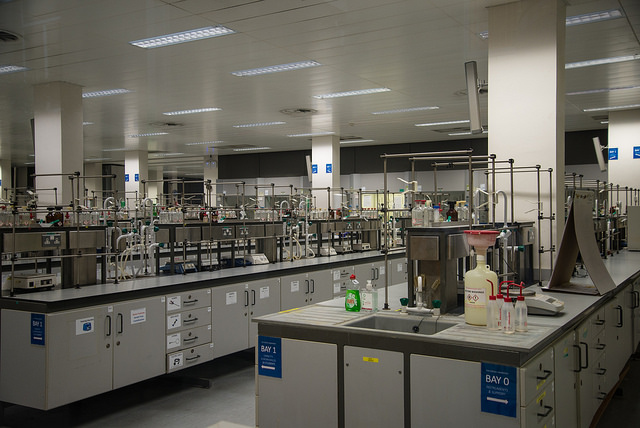Researchers in Trinity and St Patrick’s Mental Health Services are trialling the use of ketamine to treat severe depression.
The trial will investigate the impact of a low dose of ketamine as an add-on treatment for people with major depression.
Ketamine is a type of drug called a dissociative anaesthetic, meaning that a person who takes it feels disconnected or detached from themselves and their environment. It is often used in anaesthetic practice.
Pharmacological treatments for depression that target monoamine neurotransmitters – the chemical messengers in our bodies that help dictate our moods and behaviours – have remained mostly unchanged for the past 60 years.
Ketamine, however, works differently to widely used antidepressants and may change dysfunctional brain cell pathways and connections in a process called neuroplasticity. Furthermore, compared to current treatments, ketamine has a faster antidepressant effect, with symptoms improving within one-hour of single infusions and peak benefits after 24 hours.
In a press statement, Declan McLoughlin, a research professor of psychiatry at Trinity and a consultant psychiatrist at St Patrick’s Mental Health Services, said: “Years of research has shown that ketamine can be a powerful and quick-acting antidepressant.”
In this particular trial, he said “we aim to see whether it’s possible to harness the powerful antidepressant action of ketamine as part of routine care for hospital inpatients experiencing severe depression. This has never been done in Ireland before on a scale this size”.
The research aims to test the hypothesis that repeated ketamine infusions – twice weekly with a maximum of eight infusions – will improve depression outcomes as an add-on to current inpatient care.
A secondary hypothesis, in collaboration with research at Queen’s University Belfast, is that ketamine treatment could lead to lower healthcare costs and an improved quality of life for those living with depression. Statistical support to the trial is being provided by researchers at University College Dublin.
McLoughlin added: “Depression is the most common reason in the EU for long-term sick leave and disability. According to the World Health Organisation, it is the leading cause of disability worldwide. It is therefore a public health priority to not only recognise and treat depression, but to do so in a more time-effective manner than traditional antidepressants have achieved to date.”







